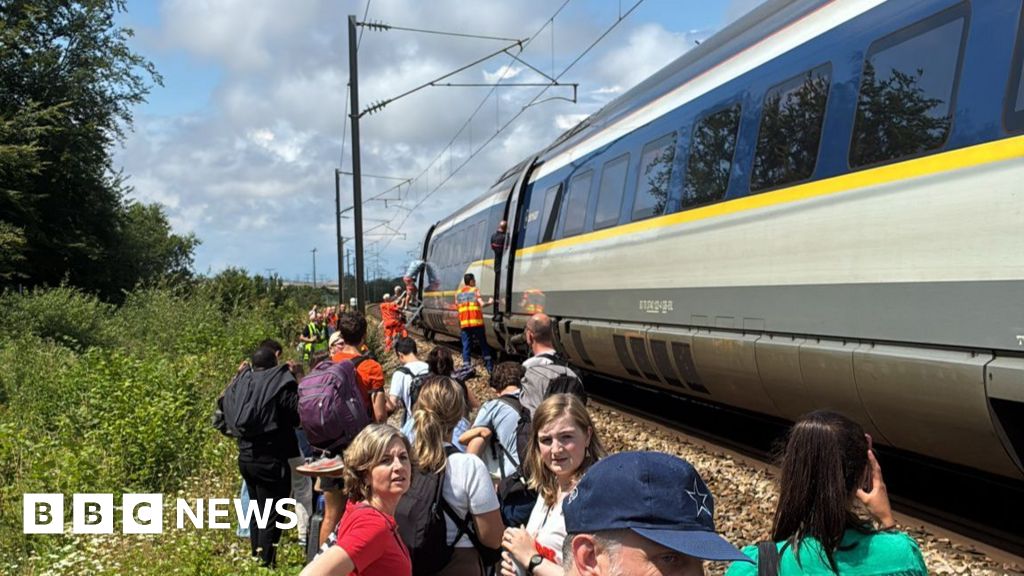Receive free Arcelik AS updates
We’ll send you a myFT Daily Digest email rounding up the latest Arcelik AS news every morning.
The head of one of Europe’s biggest home appliance makers said China’s slowing growth was “very worrying”, warning the country’s sprawling manufacturing sector could dump cheap products elsewhere as the domestic market cools.
Hakan Bulgurlu, chief executive of Istanbul-based Arçelik, said in an interview with the Financial Times that the “huge capacity” of Chinese manufacturers was a major risk for rivals.
“If the Chinese market slows, that means they need to use that capacity and put that product in other markets,” he said. His company owns brands including Beko and is in the process of buying a majority stake in Whirlpool’s European household appliances business.
His warning highlights the global ripple effects from China’s deteriorating economy. The hoped for recovery after the end of Covid-19 lockdowns last year has been disappointing and consumers are not making big purchases. Sales of home appliances fell 5.5 per cent in July from the same month in 2022, according to the country’s statistics agency.
“China really is the engine and the engine is sputtering at the moment,” Bulgurlu said, adding: “I don’t see it recovering quickly.”
One upside, he said, was that slowing factory output and property development could cut commodity prices, reducing Arçelik’s costs.
He also expressed concern about demand for home appliances in Europe, one of Arçelik’s key markets accounting for some 40 per cent of its €7.7bn in sales last year. He said many consumers were “not doing very well”, with high inflation eroding their purchasing power.
He was also worried about the potential for high energy prices this winter, which would place further pressure on consumers. European natural gas prices are down about 90 per cent from peaks last summer when Russia halted supplies through pipelines, and EU storage facilities are about 93 per cent full, but analysts say a cold winter could still send prices up.
“I don’t think Russia is going to be able to open the taps and the demand looks like it’s going to surpass what supplies are available. That’s what worries me. And I don’t see enough politicians talking about this problem, which worries me even more,” Bulgurlu said.
Bulgurlu said Arçelik, which is controlled by Turkey’s Koç Holding industrial conglomerate, was preparing for a “protracted recession” in Europe in large part because of energy inflation.
He said this could bring some benefits to Arçelik, whose brands target cost-conscious consumers. In Germany, for instance, “consumers are still buying, [but] they’re switching down” from premium brands.
Turkey, which accounted for about 30 per cent of revenues last year, has been performing better than Europe, Bulgurlu said, because local consumers were more likely to see white goods as a store of value at a time when inflation is almost 60 per cent.
The group’s first half financial results highlighted the diverging performance of Europe and Turkey. Revenues in Europe rose about 6 per cent in euro terms from the same period in 2022, while they were up 39 per cent in Turkey, according to Financial Times calculations.
Overall, the group’s operating profit before financial expenses, which include big costs for hedging against lira volatility, rose 25 per cent to TL5.8bn ($216mn) in the first six months of 2023, but declined 6 per cent in euro terms.
Credit: Source link











